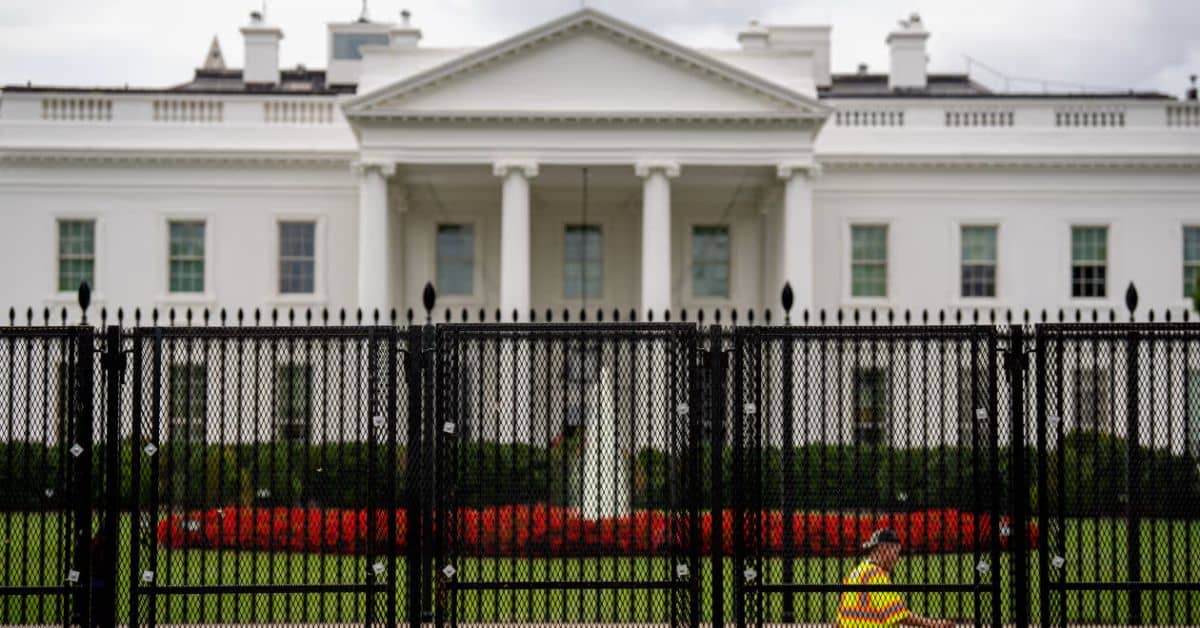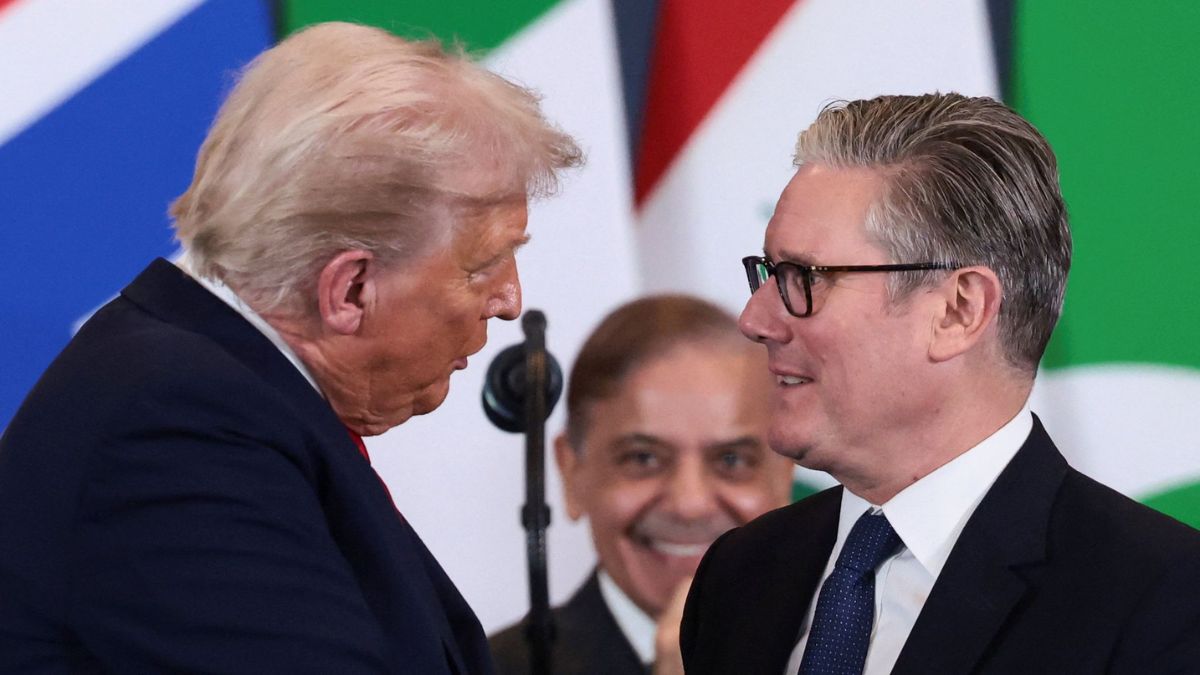The White House has announced new restrictions on artificial-intelligence (AI) microchip exports, which could dramatically reduce the global market for U.S. companies.
These new rules, which affect companies like Nvidia and AMD are expected to limit the ability of many countries to purchase advanced AI chips.
The new restrictions, part of an “interim final rule” on AI diffusion, aim to limit adversaries’ ability to use AI chips for military purposes, such as nuclear simulations and bioweapons development.
However, the rules will still allow for commercial use. Gaming chips, even those similar to AI chips, are excluded from the limits.
Commerce Secretary Gina Raimondo explained that the goal is to protect national security while maintaining commercial access. However, the rules have sparked backlash from the industry, with some experts warning that they could lead to a significant market loss for U.S. companies.
Nvidia criticized the new regulations, calling them a “200+ page regulatory morass” and accusing the Biden administration of undermining U.S. leadership. The company’s vice president of government affairs, Ned Finkle, argued that such overreach could hurt U.S. interests and innovation.
Oracle’s Ken Glueck also expressed concern, predicting that the rules could reduce the global chip market for U.S. companies by 80%. He warned that the restrictions could disrupt the U.S. cloud industry and limit market opportunities for American companies.
While the new rules will not apply to 18 key U.S. allies, including Canada, Germany, the U.K., and Taiwan, they will affect countries such as Brazil, Israel, Mexico, Singapore, and Saudi Arabia. These countries will be subject to caps on advanced AI chip orders, though they may apply to increase their purchasing limits.
Experts like Stephen Ezell from the Information Technology and Innovation Foundation believe that these restrictions could push countries to turn to Chinese companies like Biren for AI chips, potentially opening up opportunities for foreign suppliers while limiting U.S. companies’ global reach.










Leave a comment